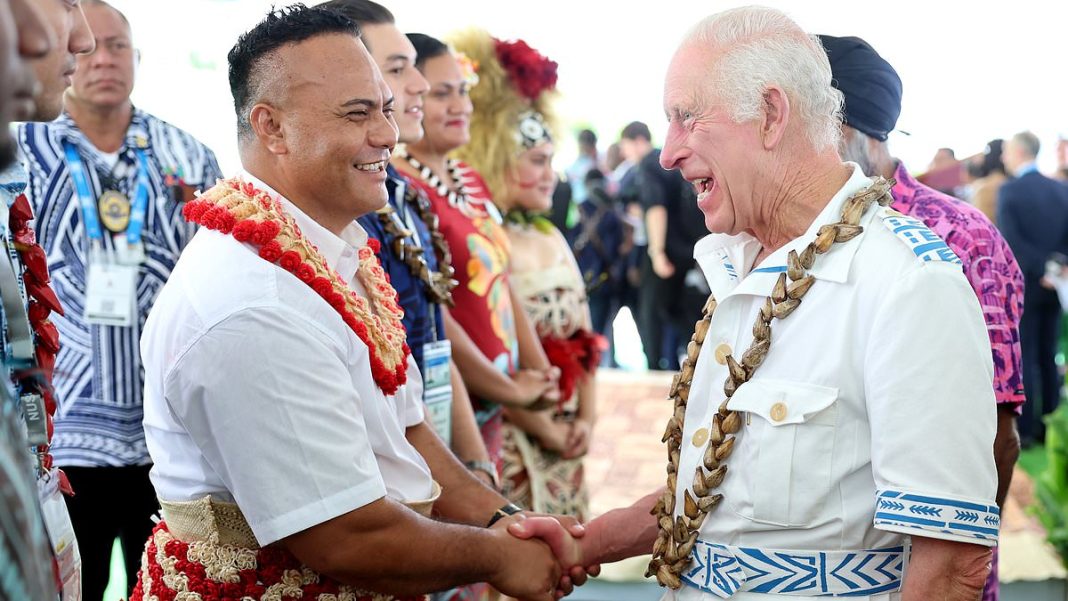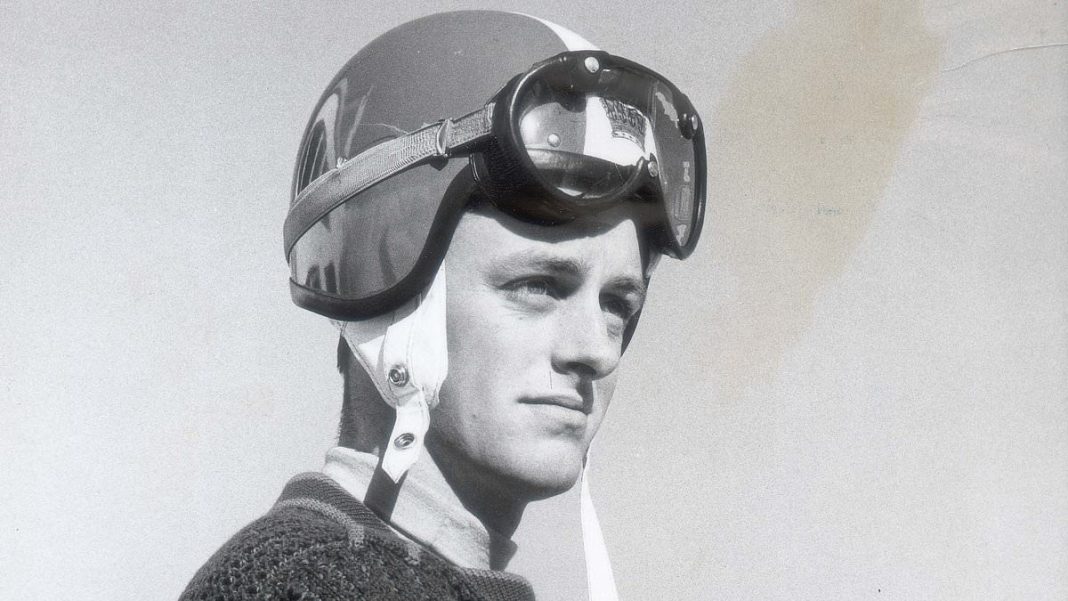William’s trip will be a very different kettle of fish to Charles’s,
It was the royal tour that established King Charles as a monarch overseas in his own right.
From Sydney to Canberra and onwards to Samoa he was greeted by tens of thousands of well-wishers and lauded for his long international leadership on issues such as climate change, while Commonwealth leaders praised him as a man with whom difficult conversations, about difficult issues, can be had.
Naysayers will always find a way to argue the toss over the size of the crowds or make hay over the tiny handful of protestors that turned out (aside from the antics of firebrand senator Lidia Thorpe I barely saw two or three – mostly campaigning over deeply complex indigenous rights issues – per crowd. And each crowd numbered more than a thousand people).
Take it from someone who was there every step of the way, the turnout for the King was overwhelming – and far exceeded anything Buckingham Palace had even dared hope.
Many of those I spoke to were genuinely touched that he had even attempted such an arduous journey – 30,000 miles door to door – in spite of his ongoing cancer treatment, undertaking up to ten engagements a day.
There is no doubt that King Charles is complex man, but he is also an extraordinarily brave one who has inherited his late mother’s sense of duty – and from my vantage point people very much recognised and appreciated that.
Next week I travel to Cape Town with the Prince of Wales as he undertakes engagements around his Earthshot Prize awards, a trip that is likely to be a very different kettle of fish.
William has long made clear he is less enamoured of the traditional royal tour mould, preferring to focus on single issues in greater detail.
You are likely to see significantly fewer engagements day to day – two or three at most – but ones his team feel he can offer more engagement with, and a focus very much on the subject matter in hand.
In fact the prince’s last ‘traditional’ royal tour was with his wife, Catherine, to the Caribbean back in March 2022, which was, notoriously, beset with issues.
While the trip was far from the disaster that partisan keyboard warriors would have you believe (again, I was there and can say, hand on heart, the couple were largely welcomed wherever they went), it was, nevertheless, a salutary lessons for royal aides that they must continue to think out of the box and be prepared to change course on the ground.
What the King and Queen’s latest trip has proved is that if you can find the right balance, both approaches are valid.
People are still fascinated by monarchy and want to see all the pomp and pageantry – not to mention the fabulous frocks and uniforms – that comes with it.
But they also want a Royal Family that is grounded in the here and now, willing to use its extraordinary privilege to amplify the issues that matter.









